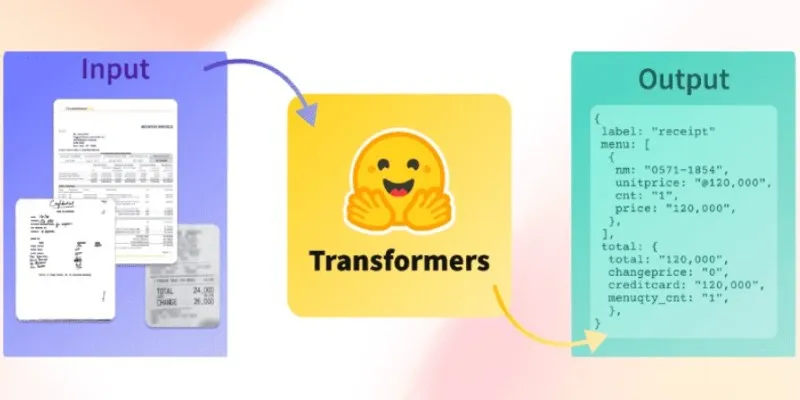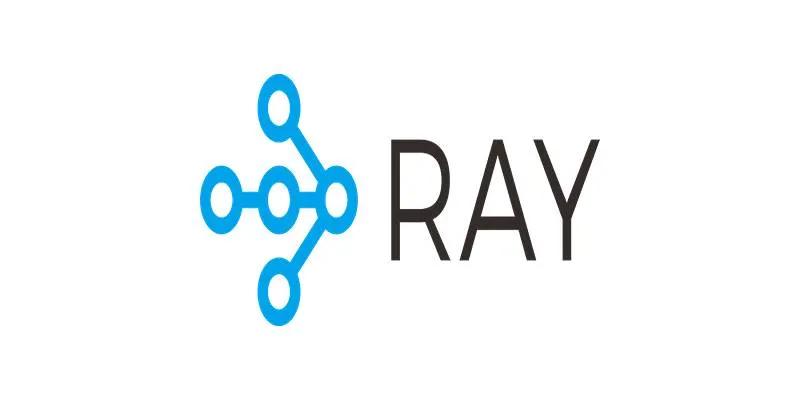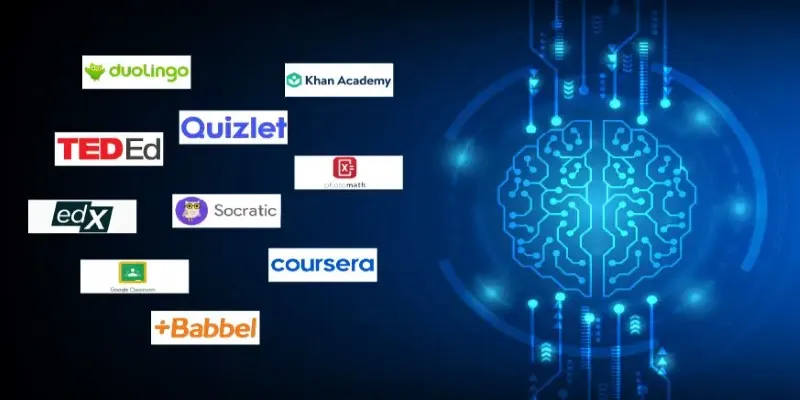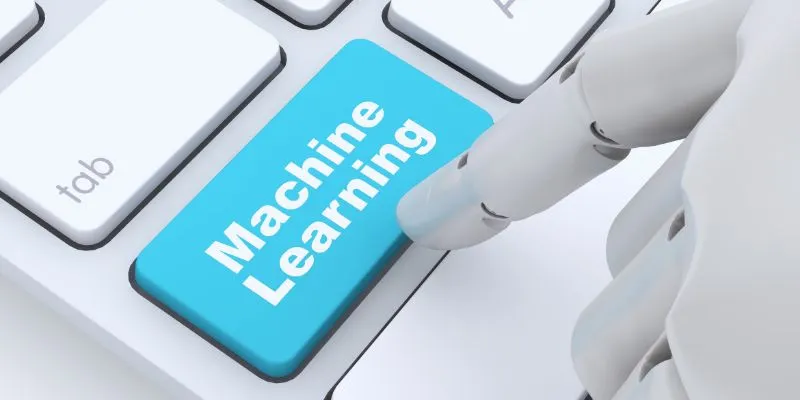Rethinking Prescription Affordability with Sempre Health
Sempre Health is revolutionizing how patients afford prescription medications. Unlike traditional models that rely on static discounts or insurance, Sempre uses behavior-based pricing, rewarding patients for consistently filling prescriptions. This innovative approach encourages medication adherence through lower costs, facilitated by SMS-based engagement.
To effectively support these efforts, Sempre Health relies on predictive analytics and machine learning (ML). However, developing scalable ML systems is challenging, particularly for lean health tech teams. To address this, Sempre Health joined the Expert Acceleration Program, a partnership designed to refine its ML strategy, enhance internal tools, and accelerate development across its roadmap.
Building with Purpose: Joining the Expert Acceleration Program
Sempre Health’s ML journey began with predictive models focused on patient behavior. Transforming these early models into scalable, production-ready systems required more than just data science; it demanded structure, repeatability, and domain expertise. Instead of tackling this challenge alone, Sempre joined the Expert Acceleration Program, welcoming temporary yet deeply integrated ML experts to work collaboratively with their team.

The program wasn’t about outsourcing projects; it was about cultivating internal strength. Experts participated in sprints, advised on architecture, and helped prioritize bottlenecks. Sempre’s objective was to develop ML tools that they could own, improve, and scale. By focusing on infrastructure and workflows—not just output—the team established a foundation for sustained growth.
One of their first objectives was identifying friction points in the existing ML lifecycle. From data ingestion to deployment, many processes were either manual or slow. The program team helped map out these areas and collaborated with Sempre engineers and analysts to streamline each step. The result was not only improved performance but also increased transparency in how models influenced product features.
Laying the Groundwork: Structuring and Focusing ML Efforts
For ML to be effective in healthcare, it must be accurate, explainable, and maintainable. Sempre needed to predict behaviors like prescription abandonment and clarify why a model reached its conclusion. Through the Expert Acceleration Program, they restructured their pipelines, tools, and model validation processes.
Their initial focus was on data. Sempre collects structured and semi-structured data from pharmacies and payers, introducing inconsistencies. With the program’s help, they rebuilt ingestion pipelines for cleaner formatting and more reliable labels, facilitating model training on well-defined patterns.
The next step was organizing their ML code. Previously, models were standalone projects with limited testing or reuse. The team transitioned to a modular ML framework, improving version control, debugging, and reducing the burden on engineers during new model deployment.
Sempre also revised how they evaluated models. Instead of immediately deploying models, they used shadow testing to run them alongside existing systems, gathering performance feedback without affecting outcomes. This allowed for confident iteration.
The team developed tools to identify where models struggled, particularly in edge cases. They introduced standardized logging and clearer feedback loops between engineering and product teams, enhancing trust in the models and facilitating continuous improvement.
From Experimentation to Impact: Real-World Changes
Sempre’s upgraded ML processes now influence everything from product decisions to patient communication. Their models can identify refill behavior patterns early, enabling timely, targeted interventions. When someone risks skipping medication, Sempre can send personalized messages or price incentives to encourage adherence.

Engineering velocity has also improved. Previously, deploying a model required cross-team handoffs. Now, shared interfaces and repeatable workflows allow for quick and efficient testing and deployment of new models or updates. This speed enables more experiments and product updates grounded in data, not guesswork.
The new infrastructure enhances communication by tailoring messaging strategies to patient preferences. Some respond to cost reminders, others to timing nudges. ML helps determine the right message at the right time, boosting engagement and outcomes.
On the business side, Sempre builds its roadmap with greater clarity. Their models are easier to monitor, retrain, and adapt, reducing time spent on firefighting and allowing for more strategic planning. The Expert Acceleration Program provided not just temporary expertise but also a lasting framework for sustainable growth.
What This Means for ML in Health Tech
Sempre Health’s collaboration with the Expert Acceleration Program demonstrates how focused, expert support can transform a company’s ML capabilities. In healthcare, algorithmic decisions have real-world consequences, so models must be both accurate and understandable.
By embedding ML experts within the team, Sempre avoided lengthy handoffs and abstract consulting reports. Instead, the experts helped build systems that align with the company’s values and constraints. This practical, integrated approach is often more effective than scaling ML internally or hiring a large in-house team prematurely.
This experience suggests a new perspective on external support—not as a crutch but as a catalyst. Particularly in healthcare, where production paths are slower and stakes are higher, structured support can accelerate both learning and delivery.
Sempre now possesses the tools to continue developing smarter models, refining product features, and improving patient outcomes without waiting for massive team expansions or external agencies. Their success illustrates that with the right support, health tech companies can build ML systems that are practical, reliable, and ready for real-world application.
Conclusion
Sempre Health’s use of the Expert Acceleration Program was a strategic move to strengthen its machine learning foundations. By pairing embedded ML experts with internal teams, they enhanced data flow, model construction, and decision-making processes. These improvements are already influencing their product and engineering roadmap. More than a short-term boost, this collaboration provided Sempre with a model for thoughtful ML scaling in a high-impact environment. It’s about building with clarity and confidence, layer by layer.
For more insights into innovative health tech strategies, visit Sempre Health.
 zfn9
zfn9



















